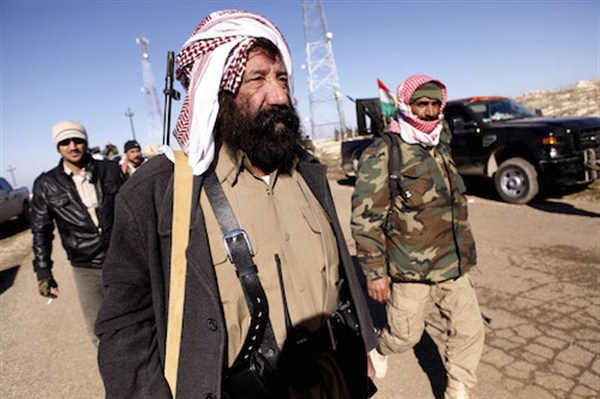After months of military gains by the so-called Islamic State (IS) in Iraq, there is some hope that the tide is turning. Backed by American air strikes, Kurdish fighters broke IS’s four-month siege of Mount Sinjar, freeing thousands of Yazidis who weathered the extremist assault. Meanwhile Iraqi government troops are moving to recapture the Tal Afar military airport, which IS seized last June. As Winston Churchill famously said in November 1942 as Nazi forces in North Africa surrendered, this may not be the beginning of the end, but it is the end of the beginning.
During World War II, the Allies began planning Europe’s postwar arrangements long before the Germans were defeated. This is a wise precedent: Now is the time to begin discussing what comes next when—or if—IS is defeated militarily. So far, though, Washington seems content to assume that if IS is eradicated, the existing Iraqi government and its military will control the parts of Iraq now part of IS’s “caliphate.” Having learned the danger of its old ways, Washington seems to be assuming, the government in Baghdad will build a more inclusive political system to represent all Iraqis rather than simply to institutionalize Shiite domination.
Unfortunately, there is little reason to believe this. Just as the defeat of Nazi Germany quickly gave rise to a new conflict in Europe, the defeat of IS would reconfigure the disaster in Iraq but not end it. After all, IS is a manifestation of deeper fissures, not their cause. Without a robust multinational peacekeeping force, western Iraq is likely to simply slip from one form of conflict to another.

